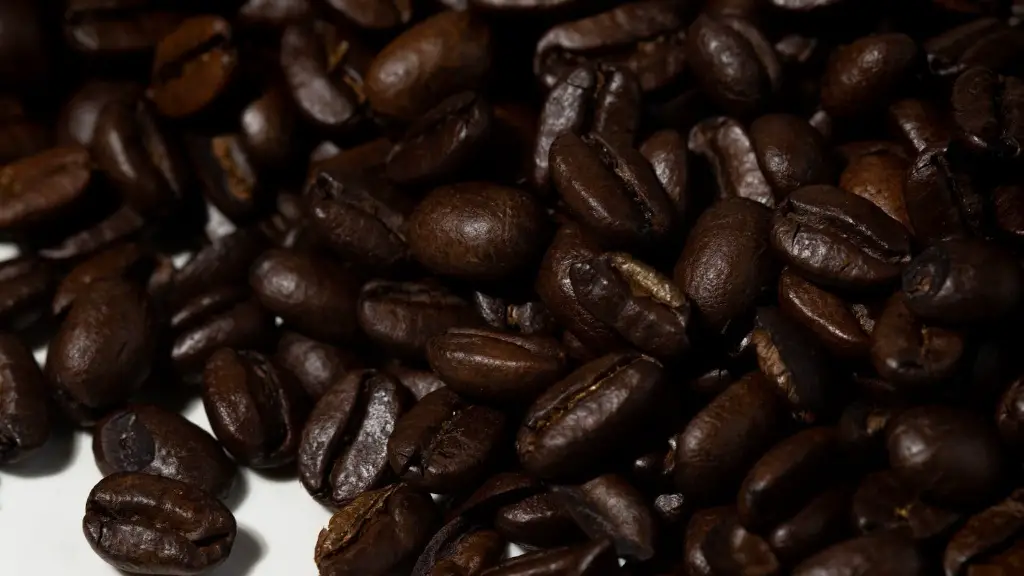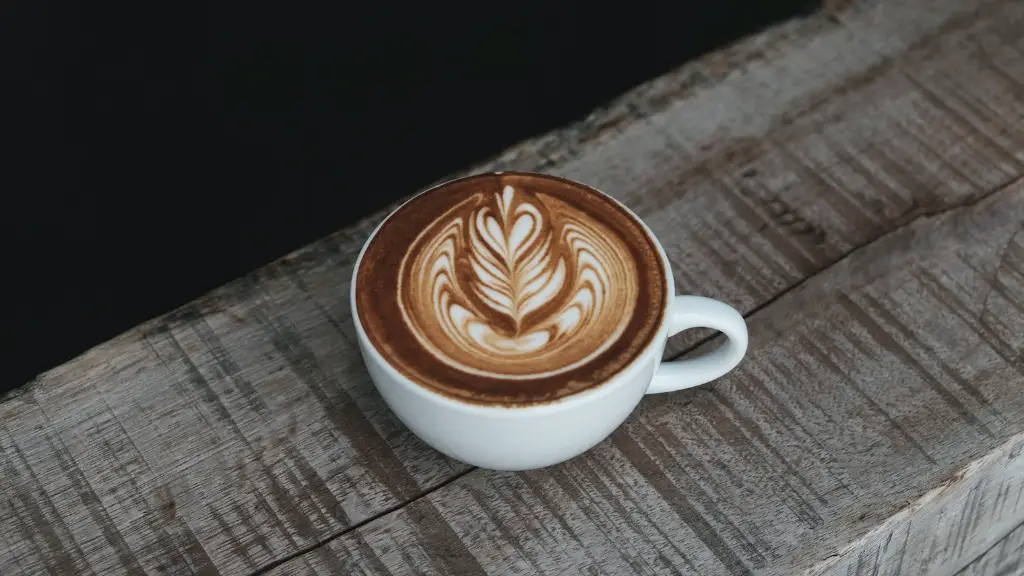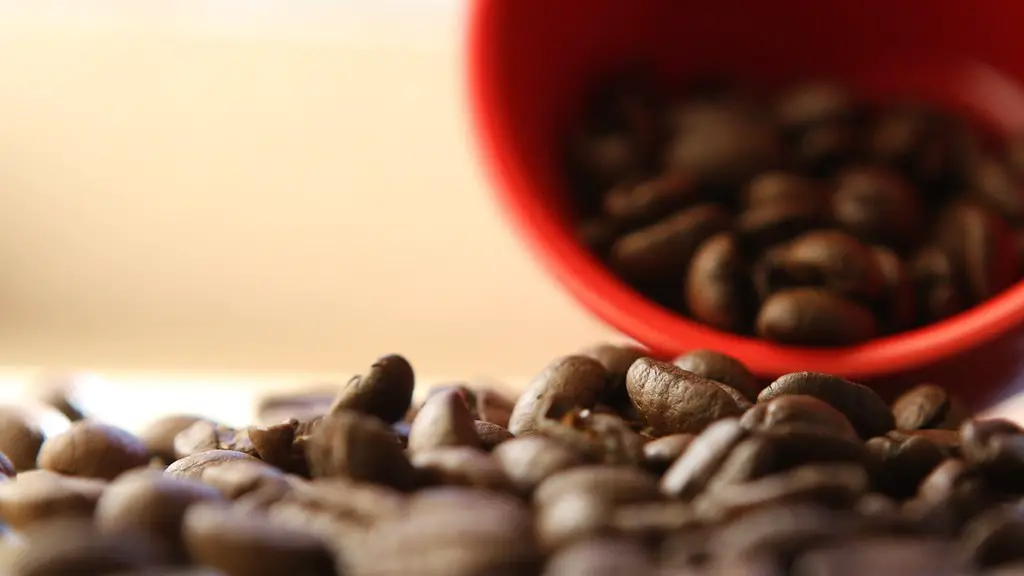Hormones and Stress
It’s common to experience pimples when drinking coffee, particularly in young adults. The hormonal and stress-related causes of this reaction can clarify why it happens. Acne is a symptom of hormone balance and coffee can trigger hormonal responses in the body. It affects dopamine and other hormones, which can lead to more oil production in the skin and acne flare-ups.
Cortisol, the hormone related to stress, also increases when you drink coffee. This means that coffee consumption heightens your stress levels, which can trigger inflammation, causing swelling and redness of the skin. This can result in an acne breakout.
The caffeine in coffee is a natural stimulant, so it increases your alertness and can disrupt your sleeping pattern. When your sleep is disrupted, it increases your cortisol levels. This can make inflammation worse, resulting in a more severe acne outbreak.
Dehydration and Skin
The most basic cause of a coffee-induced acne is mild dehydration. Coffee contains diuretics that can pull fluids away from your skin, making it dry. As a result, the body compensates by producing more oil, which can lead to acne breakouts.
You can help combat potential breakouts by drinking plenty of water to flush out impurities from the skin. You should also avoid drinking too much coffee in one sitting. Consider limiting yourself to two or three cups a day to minimize the risk of dehydration.
Food Sensitivities
It’s possible that your breakouts are caused by food sensitivities, rather than dehydration or hormones. Coffee contains a lot of sugar and additives that can irritate the stomach. Depending on your diet and body composition, these additives may have the same effect on your skin.
If you’ve never had a reaction to coffee before, it’s a good idea to limit your intake and observe how your skin reacts. If you experience frequent breakouts after drinking coffee, seek medical advice. An allergist or nutritionist can help you identify potential food sensitivities, educate you on the best diet, and help you improve your overall health.
Treatment and Prevention
The best way to prevent pimples from recurring is to avoid drinking coffee. You can also reduce the frequency of breakouts by eating a balanced diet, avoiding foods that cause allergies, staying hydrated, and limiting your intake of caffeine and other stimulants.
If you do experience breakouts, treat them with a topical cream or antibiotic. Some over-the-counter products are specifically designed to reduce acne. You can also talk to your doctor or dermatologist about prescription medications.
Lifestyle Habits
To reduce the chances of breaking out when drinking coffee, keep your skin clean. Wash your face twice daily with a gentle cleanser, avoid harsh chemicals, and use a moisturizer to balance the skin’s natural oils. Regular exercise can also prevent inflammation and help reduce stress levels.
Physical health is closely linked to skin health, so it’s important to take care of yourself in other areas such as nutrition and exercise. Get plenty of sleep, drink plenty of water, and avoid foods that are high in sugar and fats.
Finally, maintain a regular skincare and beauty routine. Choose natural products and create a daily regimen that helps combat those hormonal imbalances and keeps your skin in balance.
Sensitivity to Caffeine
Some individuals are simply more sensitive to caffeine than others. If you don’t experience breakouts after drinking coffee, you may be one of those people. However, everyone’s tolerance is different, so it is best to be cautious and avoid excessive consumption.
Individuals who are sensitive to caffeine-based products should be careful to avoid drinking too much coffee. Keep track of the quantity you drink and look out for signs of breakouts on your skin. If you notice breakouts occurring more frequently, consider cutting back or eliminating coffee from your diet.
Drinking Coffee Occasionally
If you do enjoy coffee, you don’t have to cut it out entirely. Coffee can be beneficial in moderation. Just be mindful of the quantity of coffee you consume and be aware of your skin’s reaction.
If you love coffee and want to reduce the frequency of pimples, you could switch to a lower-caffeine option like decaffeinated coffee. This could help your skin from overreacting to the caffeine.
Alternatively, you could try a natural alternative like herbal or chicory teas, which can provide similar benefits but with fewer potential side effects.
Nutrition and Supplements
Improving your nutrition can be beneficial for your acne. Some vitamins and minerals are known to reduce skin inflammation. Zinc and Vitamin D are two such supplements, and they are known to reduce skin breakouts.
Certain herbs like chamomile, lavender, and green tea possess anti-acne properties. They help to reduce inflammation and can improve the condition of your skin. Incorporating herbal teas into your mealtimes can be beneficial for your skin.
Taking probiotics is also recommended for retaining healthy gut bacteria, which helps keep your skin in balance. Eating probiotic yogurt or taking a probiotic supplement can protect against skin bacteria, reducing the risk of breakouts.
Products and Cosmetics
Skin care products and cosmetics that boost skin hydration can also improve the condition of your skin. Creams, lotions, and moisturizers with tea tree oil or aloe vera can reduce breakouts. Look for products that are specifically designed for acne-prone skin.
When choosing cosmetics, select natural products. Avoid makeup that contains oils and waxes. Fragrances and preservatives can also trigger skin triggers, so consider this when shopping for cosmetics.
You should also keep an eye out for comedogenic ingredients. These are substances that clog pores and break down cellular walls. Look for products with labels such as “non-comedogenic”, “non-acnegenic” or “non-irritating”.
Summary
Breakouts caused by coffee can be prevented by drinking water and limiting your intake of caffeine and other stimulants. Eating a balanced diet, avoiding foods that cause allergies, and taking supplements can also be beneficial in reducing breakouts. Natural skin care products, cosmetics, and over-the-counter medications can be used to treat existing breakouts.





